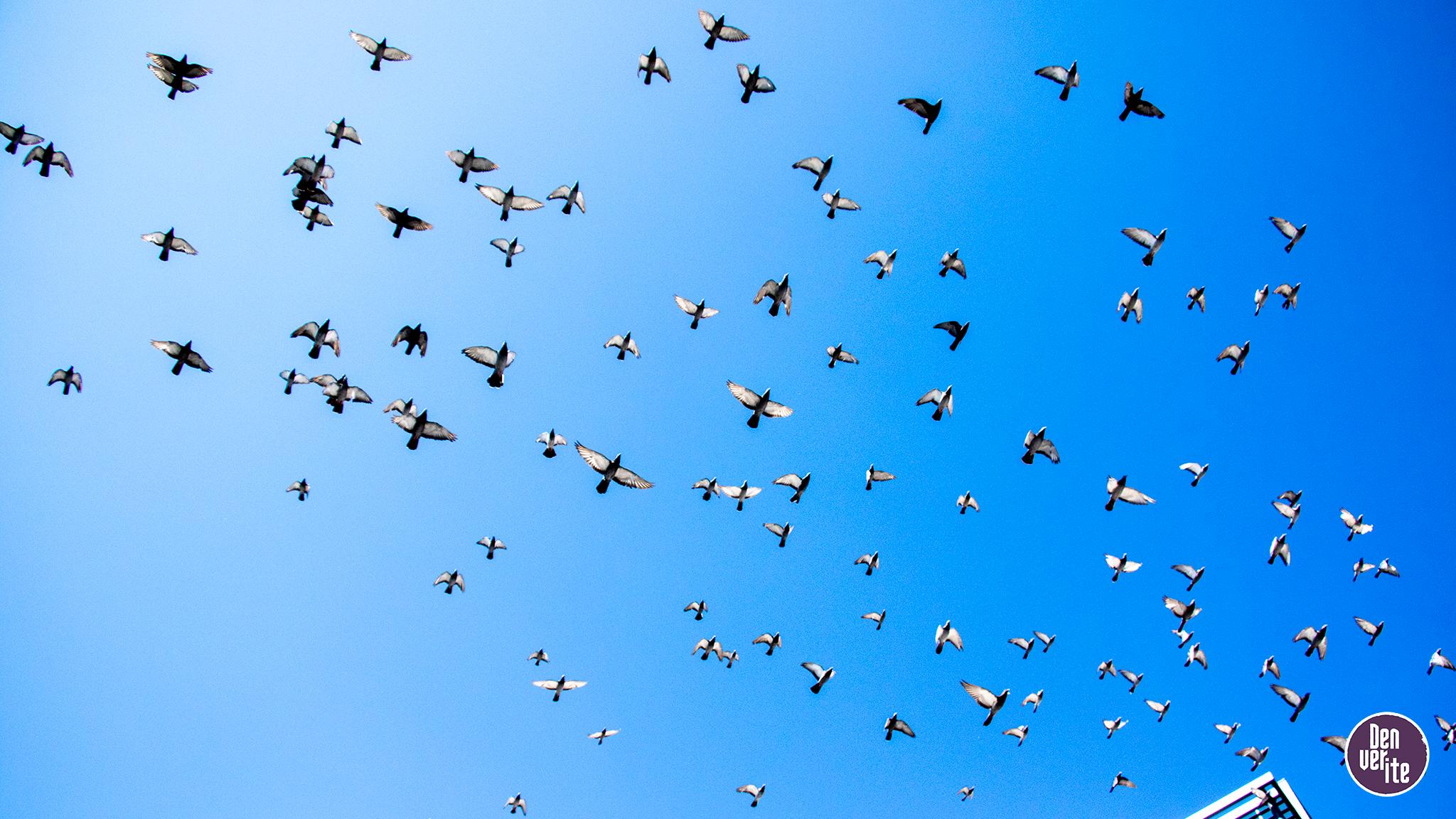Bird migration season, which runs from mid-August to mid-October, is now in full swing. A massive wave is passing over the state and the surge will continue for the next two nights, according to CSU's AeroEco Lab.
Nearly 5 million songbirds are expected to pass over the state tonight, with 9,000 in Denver alone. They'll fly mostly between midnight and 3 a.m., taking advantage of the calmer night air. The bird species now migrating include insect-eaters like house wrens, warblers, swallows and hummingbirds.
"Their migration is fairly complicated," Suzy Hiskey, a conservation coordinator for Denver Audubon, said. The songbirds use many tools to find their way, from the magnetic poles of the earth to the moon, stars and landmarks. But crossing cities is dangerous. "Light pollution gives them a false sense of sunrise or sunset, or it obscures some of the landmarks and stars."
Birds can be injured, get lost or exhaust themselves.
Organizations like Lights Out Denver have been keeping track of bird injuries in Denver since 2019. They are attempting to collect enough compelling data to convince larger businesses to turn their lights off during the night and implement other practices to reduce light pollution.
In 2019, Denver's energy provider Xcel began the monumental task of switching all 44,000 streetlight bulbs over to LEDs, which are more energy efficient and better at keeping light focused on streets and not towards the sky (and the migratory birds up there). By December 2019, the city had already replaced 30,500 of the lights.
According to Hiskey, everyone can help during the migration season by turning off their lights during the night, or putting shields on outdoor fixtures to keep the light contained and shining downwards.
While last night and tonight will bring a massive surge of birds (nearly 10 million), the majority will make their way across Denver a little later, usually sometime between Sept. 1 and Sept. 27, and will continue to do so through mid-October.













